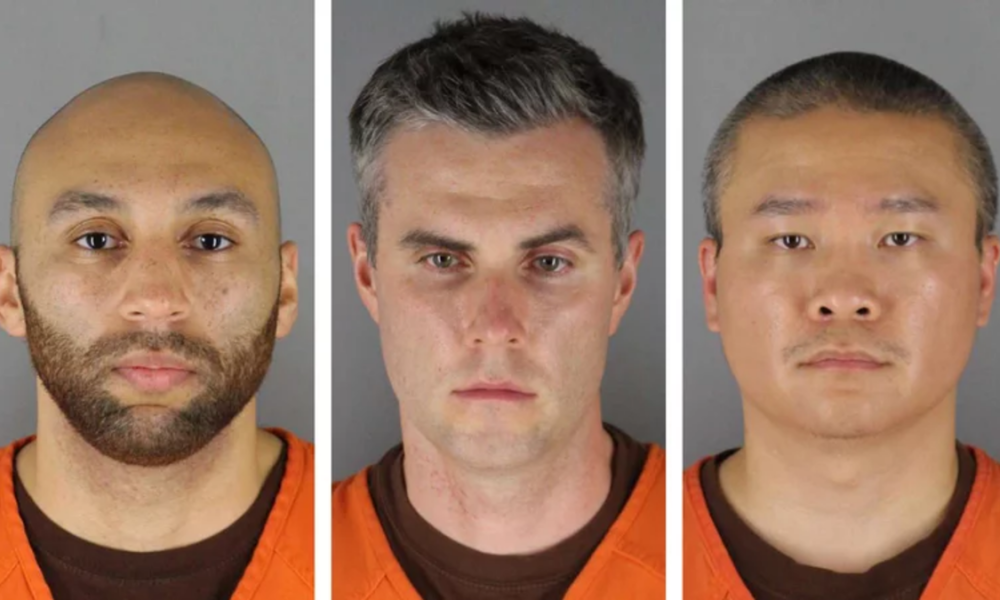A Washington D.C. jury ordered former PBS host Tavis Smiley to pay $1.486 million to the network on Wednesday, after violating the network’s moral clause, according to The Hollywood Reporter. Smiley and PBS have been tied to this contentious legal battle after he was let go in a wave of sexual assault allegations against him in 2017.
What We Know:
- Smiley was fired back in 2017 amid sexual misconduct allegations, and later sued PBS on account of being dropped from the network as a result of racial bias and that he was wrongly terminated. Smiley was the only solo black host of a show on the broadcast organization’s airwaves.
- Although he later admitted he did in fact had sexual relationships with employees, he insisted they were purely consensual. He sued for $1 million, but the network counter-sued, demanding that Smiley pay back past earnings.
- PBS’ argument was that Smiley had violated a key, but not often tested “morality” clause in his contract. After receiving a complaint against the veteran talk show host in November 2017, the network launched an investigation that a spokesperson said “uncovered multiple, credible allegations of conduct that is inconsistent with the values and standards of PBS.”
- The Hollywood Reporter also stated that “the case then became a rare test of morals clauses”. It’s been roughly 100 years since Hollywood began inserting these clauses into contracts that essentially prohibited talent to do anything that would injure reputations, though it has never tested before a jury until now.
- “In the midst of the #MeToo movement, he violated our morals clause… You can’t have a consensual relationship between a manager and a subordinate because of the power dynamic. It’s never consensual because that manager has power over all aspects of that person’s employment,” the network’s lead attorney, Grace Speights, said in court.
Ultimately, a win for PBS may prove to be significant for other companies facing workplace suits stemming from sexual-misconduct allegations, who are seeking to break ties with accused individuals.



